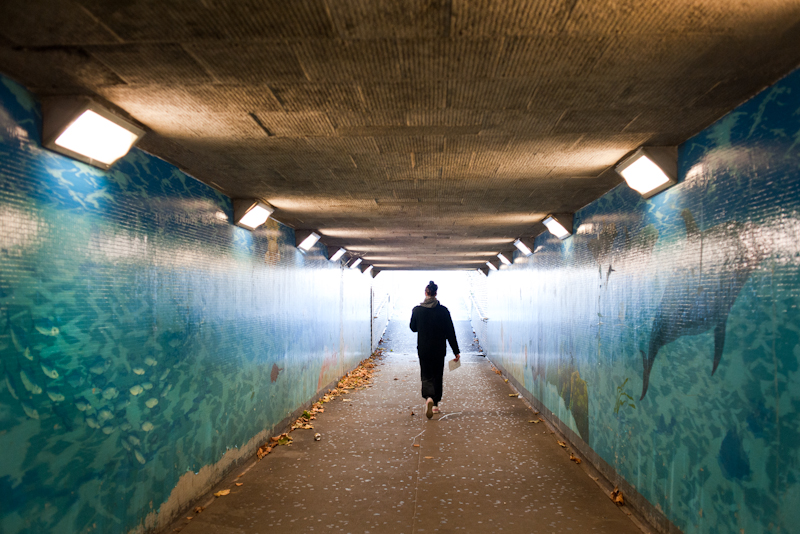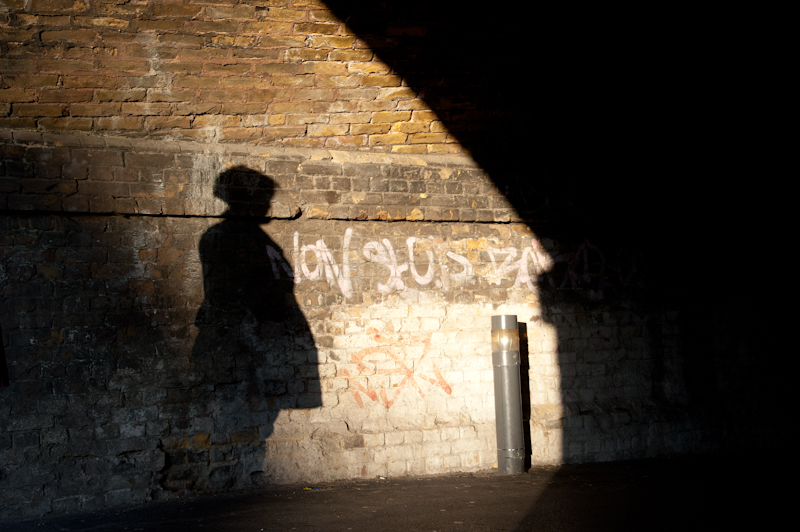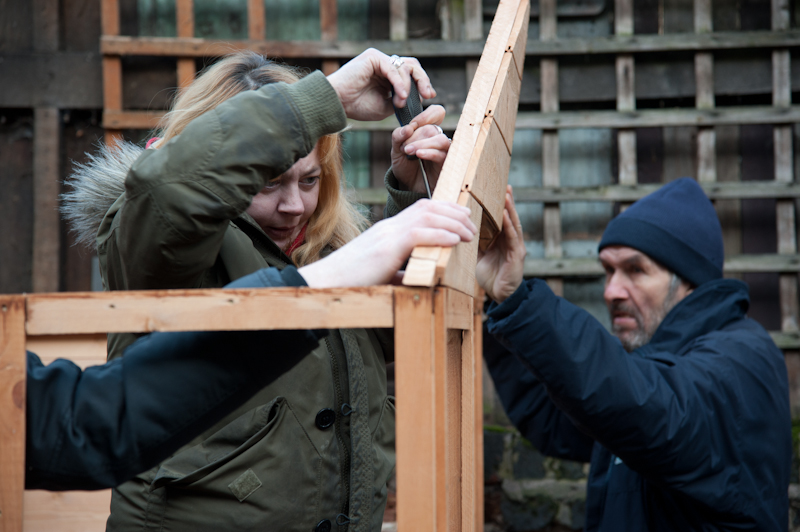Mental Health & Wellbeing
- 76% of homeless women with mental ill health issues have slept rough, compared to 54% without mental health issues[1]
- The five most prevalent psychiatric diagnoses by St Mungo’s Life Works Psychotherapy service are: depression; PTSD; bi-polar affective disorder; personality disorder; psychosis-related[2]
- 69% of women were diagnosed by the St Mungo’s Life Works Psychotherapy service with one of these conditions. 43% were diagnosed with two or more[3]
- 43% of all people seen rough sleeping have a mental health support need[4]
 “There is the view that homelessness is about the supply of housing, or about the problems with people with addictions or who are repeatedly in prison. There are actually deeper factors that result in something which appears to be a social problem but also has a psychological dimension. My team has a view that people become homeless because of a lot of psychological factors. And that homelessness itself creates a lot of psychological trauma. Both of those things need to be treated before people can settle and get back to a regular life.”Gabrielle Brown, Psychotherapist for St Mungo’s Life Works Team
“There is the view that homelessness is about the supply of housing, or about the problems with people with addictions or who are repeatedly in prison. There are actually deeper factors that result in something which appears to be a social problem but also has a psychological dimension. My team has a view that people become homeless because of a lot of psychological factors. And that homelessness itself creates a lot of psychological trauma. Both of those things need to be treated before people can settle and get back to a regular life.”Gabrielle Brown, Psychotherapist for St Mungo’s Life Works Team
 “I would say the majority of women on the streets have mental health issues. Whether that’s depression, personality disorder or bi-polar. Those with long and enduring mental health problems are closed books. We don’t even know their full names. They are so complex we could talk about them all night. They don’t scream and shout – they are the real hidden ones, the real lost women.”Kath Sims, Manager of St Mungo’s Westminster Outreach Team
“I would say the majority of women on the streets have mental health issues. Whether that’s depression, personality disorder or bi-polar. Those with long and enduring mental health problems are closed books. We don’t even know their full names. They are so complex we could talk about them all night. They don’t scream and shout – they are the real hidden ones, the real lost women.”Kath Sims, Manager of St Mungo’s Westminster Outreach Team
 “Spending time out of your room with other people has a hugely beneficial impact in terms of mental and physical health. [In the hostel] activities are fantastic for things like social interaction and taking responsibility for your own actions. It’s about building confidence, and giving people coping mechanisms to create a sense of self-worth and positive social relationships.”Kate John, Activities Development Worker, St Mungo’s
“Spending time out of your room with other people has a hugely beneficial impact in terms of mental and physical health. [In the hostel] activities are fantastic for things like social interaction and taking responsibility for your own actions. It’s about building confidence, and giving people coping mechanisms to create a sense of self-worth and positive social relationships.”Kate John, Activities Development Worker, St Mungo’s
[1] Reeve, K; Casey, R; Goudie, R: Homeless Women: Still being failed yet striving to survive; Crisis, 2006
[2] St Mungo’s LifeWorks Psychotherapy Service
[3] St Mungo’s LifeWorks Psychotherapy Service
[4] Street to Home Annual Report 1st April 2011 to 31st March 2012; CHAIN (Combined Homeless and Information Network)
